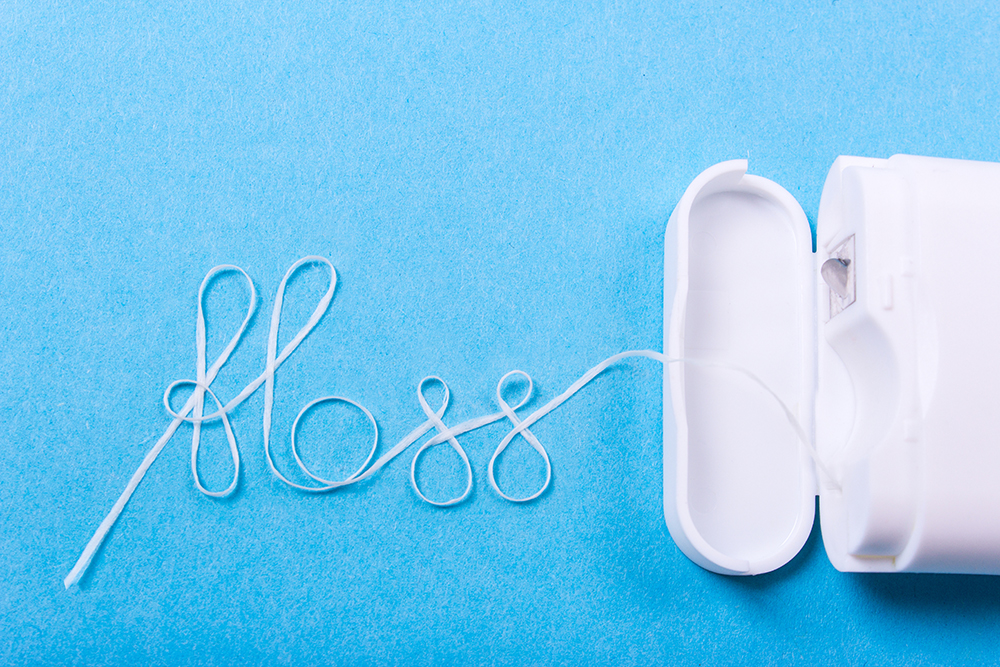Why Is Flossing So Important?

Brushing your teeth at least twice a day with fluoride toothpaste is key to maintaining a healthy smile. But did you know that regular flossing is just as necessary? So how exactly does flossing help, and why is it so important?
Why Is Flossing So Important?
Even if you brush thoroughly, food particles and dental plaque can get trapped between your teeth, providing harmful oral bacteria the perfect environment to flourish. Flossing helps clean those hard-to-reach areas, removing plaque and preventing it from hardening to tartar, which can only be removed during a professional cleaning.
Here’s a look at some of the reasons flossing is so important:
Flossing Prevents Bad Breath (Halitosis): Flossing removes odor-causing bacteria and food particles from between your teeth, which helps maintain a clean and fresh smile.
Flossing Lowers the Risk of Tooth Decay: If plaque is not removed from between your teeth, the cavity-causing bacteria it houses will produce acids, eroding your tooth enamel and causing tooth decay.
Flossing Lowers the Risk of Periodontal (Gum Disease): Plaque left sitting between your teeth can irritate the gum tissues, leading to gingivitis, the earliest stage of gum disease. The progressive condition will advance if not treated, resulting in swollen and bleeding gums, bone loss, and even tooth loss.
Flossing Best Practices
How well you floss is more important than how often, so rather than flossing several times each day, it’s best to floss once, but to take your time to do it right.
Here are some flossing tips to help keep dental disease at bay:
- Cut a piece of floss 18 to 24 inches in length and wrap the ends around your middle fingers, leaving an inch or two in between.
- Hold the floss firmly with your thumbs and index fingers.
- Gently glide the floss between your teeth and slide it up and down, making sure it touches the sides of each tooth.
- As the dental floss touches your gums, curve it into a c-shape and work it beneath the gum lines.
- Repeat the steps using a fresh section of floss as you move from tooth to tooth.
- Rinse with warm water or an antimicrobial mouthwash to flush away any loose dental plaque or food debris.
Quality Preventive Dentistry Near Me
Visit Kraklow Quality Dentistry in Milwaukee, WI, to learn more about maintaining healthy oral hygiene habits for long-term healthy smiles. Dr. Kraklow and his team are proud to offer a range of preventive services to keep dental disease at bay. We look forward to working alongside you to keep your smile in tip-top shape. Call us and schedule your appointment today!
